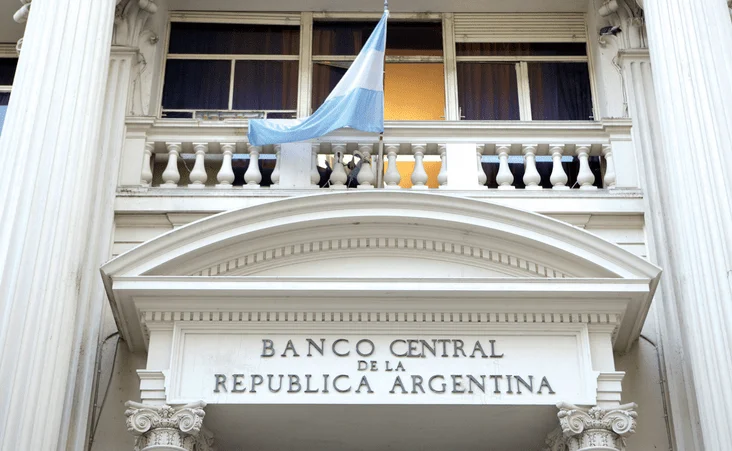The Central Bank of Argentina is investigating companies that are offering extraordinary returns with cryptocurrency investments, which are not reasonable. According to the bank, this might be a Ponzi scheme waiting to scam unsuspecting victims.

The financial institution said it is looking into some companies that offer “returns through operations with crypto assets and cryptocurrencies that are not compatible with reasonable parameters in financial operations,” like how much money you can make. The bank is also warning people not to use these platforms because they can’t be judged by the bank.
In some parts of the country, the bank has already taken action against these companies, inspecting them through the Superintendency of Financial and Exchange Entities, and stopping them from doing certain things. The bank will now take legal action against the people who run these businesses.
Some of these alleged operations have focused their efforts in certain parts of the country and used publicity campaigns as a way to get more people to invest.
The Central Bank of Argentina found this kind of activity in two provinces, La Rioja and Catamarca. The goal was to get people to join “non-transparent asset management schemes.”
Crypto scams in Argentina
It’s not new for people in Argentina to try to scam people who want to buy things with cryptocurrency. This year, they’ve become more common.
NGO Bitcoin Argentina warned against this type of scheme this year, saying that groups are taking advantage of the popularity of cryptocurrency in Argentina. At that time, Javier Madariaga, the CEO of the group, said:
We are seeing that pyramidal or Ponzi schemes with crypto are being repeated in different provinces of the country, and the common denominator of these scams is an intermediary that promises a great economic return by making a capital contribution, something that is not guaranteed in any investment .
With these operations, the Central Bank of Argentina has started taking action as well in order to stop the rise of these activities.
People at the institution said they are now contacting the companies and asking them not to do business with them. They are also considering whether to take legal action against the alleged Ponzi schemes.
